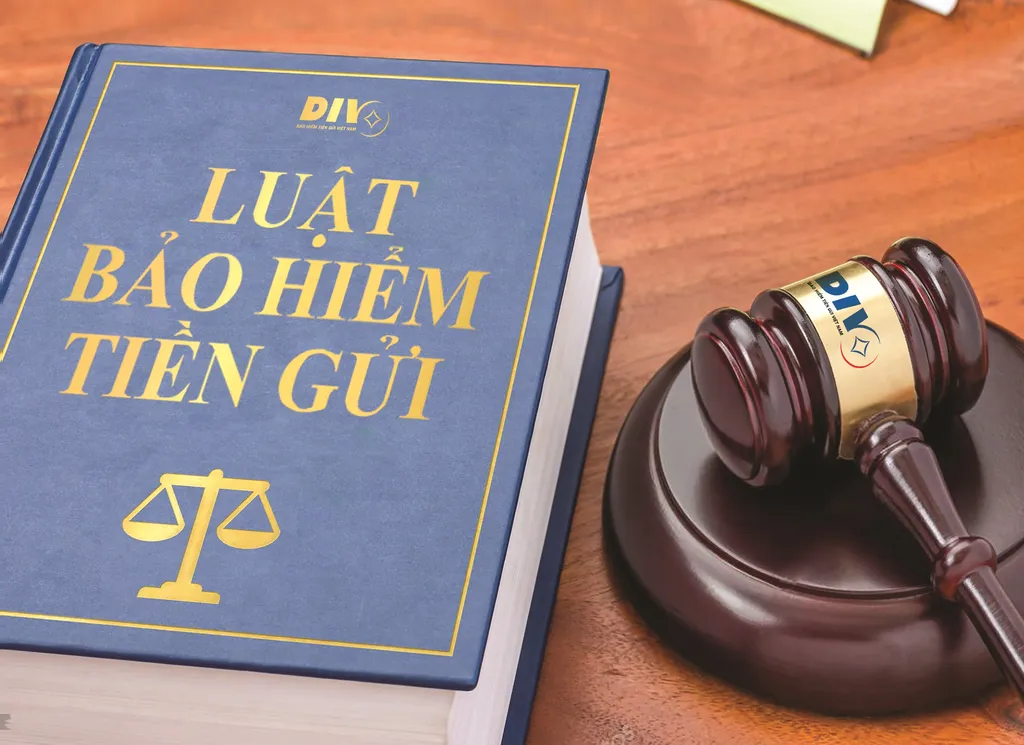 Brandinfo
Brandinfo

Regarding the deposit insurance reimbursement triggers
In its submission on the draft Law on Deposit Insurance (Amended), the State Bank of Vietnam (SBV) notes that current regulations on the commencement of reimbursement do not ensure timeliness and provide no legal basis for the Deposit Insurance of Vietnam (DIV) to reimburse depositors earlier, even when a credit institution encounters events that may pose systemic risks. The current law provides that reimbursement can only occur after a CI has been formally declared bankrupt. This may delay the role of DIV in stabilising depositor confidence, preventing systemic distress, and protecting depositors’ interests. Moreover, the current regulation on reimbursement triggers is not aligned with the Law on Credit Institutions and does not reflect practical realities, thereby limiting DIV’s reimbursement function.
 |
Under the draft Law on Deposit Insurance (Amended), reimbursement is triggered by any of the following events:
(1) When the bankruptcy plan of a credit institution has been approved, or when the SBV issues a written determination that a foreign bank branch is unable to reimburse depositors.
This amendment is proposed to ensure consistency with the Law on Credit Institutions.
(2) When the SBV issues a decision to suspend the deposit-taking activities of a credit institution under special control whose accumulated losses exceed 100% of its charter capital and reserve funds, as shown in the most recent audited financial statements.
Although the Law on Credit Institutions currently stipulates that reimbursement occurs after approval of the bankruptcy plan, in practice such approval is often prolonged and difficult to complete. Therefore, an earlier reimbursement trigger is necessary to allow DIV to reimburse depositors more promptly.
Under the Law on Credit Institutions, the reimbursement trigger is linked to three concurrent conditions:
(i) the credit institution is placed under special control;
(ii) its accumulated losses exceed 100% of its charter capital and reserve funds, as shown in the most recent audited financial statements; and
(iii) the SBV suspends its deposit-taking activities.
Under such concurrent conditions, the institution is technically no longer able to continue operations, and reimbursement by the DIV at this stage is appropriate to fulfil the core mandate of the deposit insurer—protecting depositors.
According to the SBV, introducing early reimbursement in the draft Law enables depositors to access their insured funds more quickly, strengthens public confidence, and helps mitigate the risk of bank runs. It also facilitates the timely resolution of weak institutions once insured deposits have been reimbursed.
(3) To ensure systemic and social stability, as specified in Clause 4, Article 162 of the Law on Credit Institutions, the SBV shall propose to the Government that the deposit insurer conduct reimbursement in cases where a credit institution under special control is insolvent or at risk of insolvency, as regulated by the Law on Credit Institutions.
This provision addresses situations involving large institutions, where bankruptcy or suspension of deposit-taking activities could pose systemic risks. It establishes reimbursement as an alternative channel to avoid sole reliance by credit institutions on special lending by the SBV or DIV.
Regarding the deposit insurance coverage limit
Under the draft Law on Deposit Insurance (Amended), the coverage limit is determined by the SBV Governor from time to time. In exceptional circumstances, when a reimbursement obligation is triggered, the Governor may decide on a coverage limit exceeding the prescribed limit—up to the full amount of insured deposits held at the resolved institution. For reimbursement conducted under an approved bankruptcy plan of a credit institution under special control, the applicable provisions of the Law on Credit Institutions shall apply.
Thus, the authority to determine the coverage limit is transferred from the Prime Minister (under the current law) to the Governor of the SBV. Experts note that this is consistent with the Government’s policy on administrative decentralisation and aligns with the SBV’s functions and responsibilities. This approach also enhances flexibility and reduces procedural delays in adjusting coverage limits.
Many experts also support the provision allowing the SBV Governor to authorise a blanket guarantee in special cases. This is considered an essential crisis-response instrument that enables the State to fully protect depositors during severe disruptions, thereby preventing widespread withdrawals and preserving financial stability.
Meanwhile, the current coverage limit, set in 2021, has become increasingly outdated. Therefore, raising the coverage limit is deemed necessary. It is recommended that DIV propose an increase in the coverage limit to the SBV Governor once the amended Law on Deposit Insurance is approved, to ensure stronger protection of depositors’ lawful interests./.

_med.jpg)


